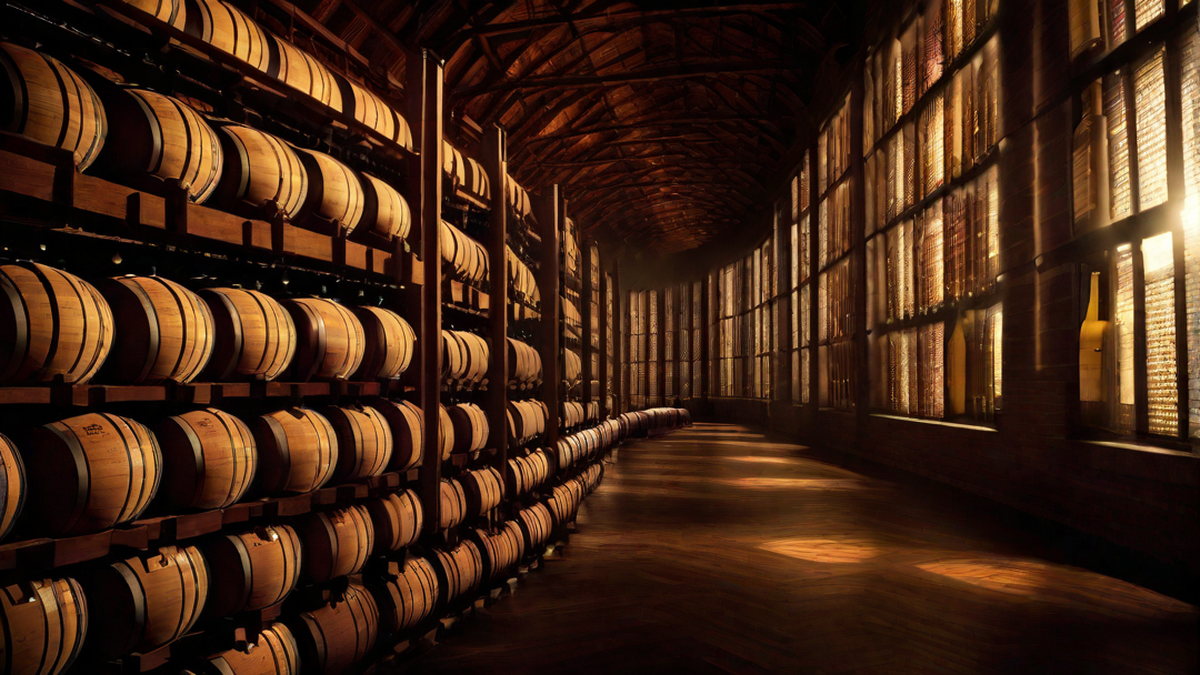Ah, Prosecco. The effervescent wine that immediately transports me to the Italian vineyards. As a passionate wine enthusiast, nothing quite compares to savoring a glass of Prosecco and experiencing its delicate bubbles on my palate. However, have you ever questioned the true origins of Prosecco? Come with me on a voyage to uncover the roots and distinct qualities of this beloved Italian wine.
The Origins of Prosecco
Prosecco takes its name from the grape variety it is made from, Prosecco, which is indigenous to northeastern Italy. Specifically, the Prosecco wine region is located in the Veneto and Friuli-Venezia Giulia regions of Italy. These regions have a long-standing history of winemaking and are known for producing some of the finest wines in the world.
Prosecco has been produced in Italy for centuries, with records dating back to the late 16th century. However, it wasn’t until the 1960s that Prosecco gained popularity outside of Italy. In recent years, its global popularity has skyrocketed, making it a go-to choice for celebrations and casual gatherings alike.
The Production Process
Prosecco is made using the Charmat method, which is different from the traditional method used to produce Champagne. This method involves a second fermentation that takes place in large stainless steel tanks, rather than individual bottles. The result is a wine that is fresh, fruity, and vibrant, with a lighter effervescence compared to Champagne.
The grapes used to make Prosecco are typically hand-harvested and undergo a gentle pressing to extract the juice. The juice then undergoes a fermentation process, where sugars are converted into alcohol. Once the base wine is ready, it is transferred to a pressurized tank along with additional yeast and sugar to start the second fermentation. This process creates the signature bubbles in Prosecco.
The Protected Designation of Origin (PDO)
Prosecco is not only an Italian wine, but it is also protected by the European Union’s PDO status. This designation ensures that Prosecco can only be produced in specific regions of Italy, using specific grape varieties and production methods. It’s a way to guarantee the quality and authenticity of Prosecco, preventing imitations from diluting its unique characteristics.
When you see the “Prosecco” label on a bottle, you can be confident that it comes from the designated Italian regions and meets the strict quality standards set by the PDO designation.
My Personal Experience with Prosecco
As a wine enthusiast, I’ve had the pleasure of trying Prosecco from various producers in Italy. Each bottle has its own unique nuances and flavors, but there’s always a consistent thread of freshness, fruitiness, and liveliness that makes Prosecco unmistakable.
Whether I’m celebrating a special occasion or simply unwinding after a long day, Prosecco never fails to elevate the moment. Its effervescence adds an extra touch of excitement and joy, while its crisp acidity and fruity notes make it a versatile wine that pairs well with a variety of foods.
Conclusion
So, is Prosecco Italian? Absolutely! From its origins in the vineyards of Italy, to the production process that captures its unique characteristics, Prosecco is a wine deeply rooted in Italian culture and tradition. Its PDO status ensures that only the finest Prosecco is produced, guaranteeing an authentic and enjoyable experience for wine lovers around the world. Whether you’re toasting a special occasion or simply treating yourself, Prosecco is the perfect choice to add a touch of Italian elegance to any moment.




